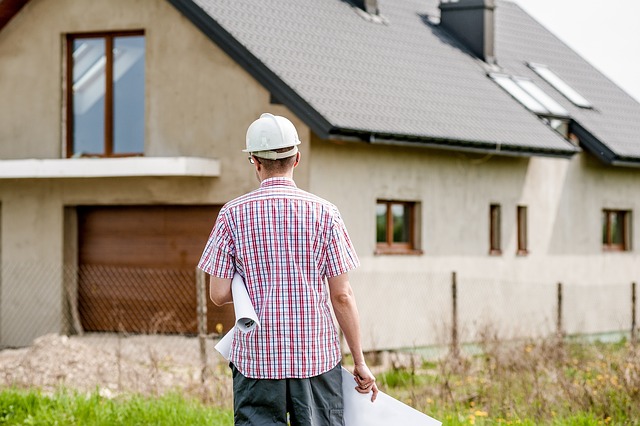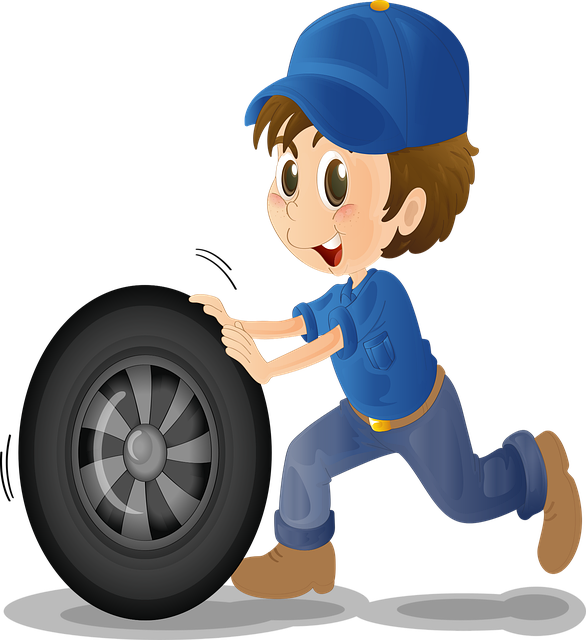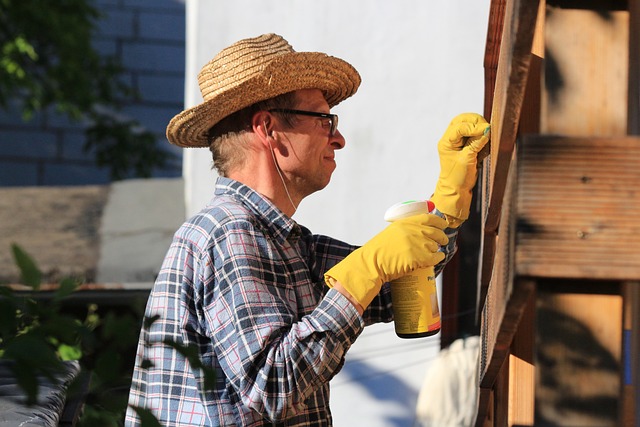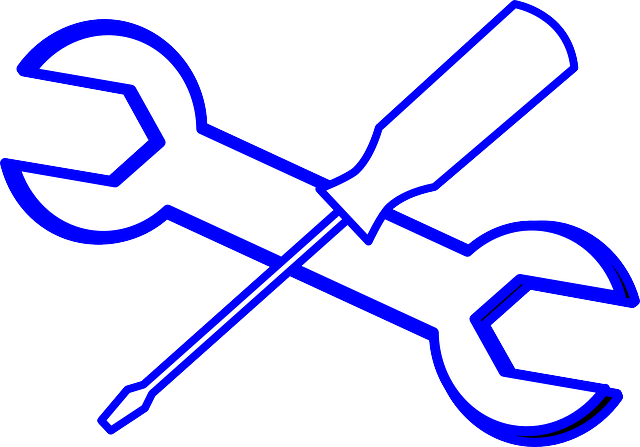Regular home inspections are essential for maintaining your home's safety, efficiency, and value. These professional evaluations provide detailed reports on the home's condition, helping owners identify and address potential issues promptly. Home inspectors, with their expertise in structural integrity, electrical systems, plumbing, and HVAC, offer critical insights into a home's maintenance needs. By adhering to their recommendations, homeowners can effectively manage repair priorities, allocate budgets accurately, and plan maintenance activities to prevent disruptions and save on costs. A consistent approach to inspections ensures that all aspects of the property are evaluated for longevity and performance, with a focus on structural stability, roof integrity, and the functionality of key systems. This proactive strategy in home repair and maintenance not only upholds the property's value but also safeguards the health and comfort of its inhabitants. Regular post-inspection maintenance is key to early issue detection and reducing the need for costly repairs later on. For those looking into property investment or maintenance, consulting with professional home inspectors is highly recommended to ensure informed decision-making and uphold safety, efficiency, and value over time. Regular inspections by experienced professionals, combined with systematic maintenance and quality craftsmanship, are crucial for a well-maintained and secure home environment.
When contemplating the longevity and safety of your dwelling, home inspection and consulting stand as pivotal pillars. This article illuminates the intricate role these services play in upholding home repair and maintenance. We will delve into the essential elements inspectors scrutinize, emphasizing the importance of regular checks post-inspection to ensure your home’s optimal condition. Engaging with seasoned professionals is key; their insights lead to informed decisions and effective strategies for addressing any issues that may arise. Join us as we navigate the critical aspects of home inspection and consulting, ensuring your living space remains a secure and comfortable haven.
- Understanding the Role of Home Inspection in Home Repair and Maintenance
- Key Elements to Look for During a Comprehensive Home Inspection
- The Importance of Regular Maintenance Post-Inspection
- Engaging with Professional Home Inspectors and Consultants
- Strategies for Addressing Issues Identified in Home Inspections
Understanding the Role of Home Inspection in Home Repair and Maintenance

Regular home inspections play a pivotal role in maintaining a safe and efficient living environment. These professional evaluations provide an objective assessment of a home’s current condition, highlighting areas that require repair or maintenance to prevent more serious issues down the line. Homeowners benefit from these inspections by receiving detailed reports that pinpoint potential problem spots, allowing for timely and targeted interventions. This proactive approach not only extends the lifespan of the property but also ensures that home repair expenses are managed effectively.
Moreover, home inspectors are trained to identify a wide range of concerns, from structural integrity to electrical systems and plumbing efficiency. Their expertise is invaluable when it comes to understanding the nuances of home maintenance needs. By leveraging their findings, homeowners can prioritize necessary repairs, budget appropriately, and schedule maintenance tasks to address issues before they escalate into costly repairs. This level of oversight is crucial for maintaining a home’s value and for safeguarding the well-being of its occupants. Regular inspections, coupled with professional home repair and maintenance services, foster an environment where both minor and major issues are managed systematically, ensuring the longevity and comfort of the living space.
Key Elements to Look for During a Comprehensive Home Inspection

When undergoing a comprehensive home inspection, attentiveness to detail is paramount for identifying areas that require home repair and maintenance. A thorough examination should encompass a wide array of elements both inside and outside the dwelling. The structural integrity of the property includes assessing the foundation, framing, and roof systems for signs of wear or damage that could compromise the home’s safety and longevity. It is crucial to inspect the roof for proper shingle installation, adequate ventilation, and the absence of leaks, which can lead to costly water damage over time.
Inside the home, key components such as electrical systems, plumbing, heating, ventilation, and air conditioning (HVAC) units are critical to evaluate. These systems are integral to the home’s functionality and comfort, and any malfunctions or outdated components can significantly impact both your immediate living conditions and future home repair expenses. For instance, checking for code-compliant electrical panels and wiring prevents potential fire hazards and ensures a safer environment. Similarly, assessing the plumbing for leaks, water pressure issues, and proper drainage is essential to prevent water damage and mold growth, which can pose health risks and require substantial maintenance efforts. Ensuring these elements are in good working order during your home inspection helps maintain the property’s value and functionality, minimizing the need for extensive home repair and maintenance down the line.
The Importance of Regular Maintenance Post-Inspection

Regular maintenance following a comprehensive home inspection is an indispensable aspect of home repair and maintenance, serving as a proactive approach to safeguard your property’s integrity. This routine upkeep not only extends the lifespan of your home but also identifies potential issues before they escalate into costly repairs. For instance, consistent monitoring and servicing of systems such as plumbing, electrical, and HVAC can prevent minor malfunctions from becoming significant problems. Similarly, checking for structural integrity, roof leaks, insulation quality, and the condition of the foundation are critical tasks that ensure your home remains a safe and comfortable living space. By addressing these components systematically, homeowners can mitigate risks, maintain optimal performance, and ultimately save on expenses related to emergency repairs. Prioritizing regular maintenance post-inspection is a prudent measure for any property owner dedicated to preserving their home’s condition and functionality.
Engaging with Professional Home Inspectors and Consultants

When embarking on the journey of homeownership or property maintenance, engaging with professional home inspectors and consultants is a prudent step. These experts bring a wealth of knowledge regarding home repair and maintenance, offering insights into a residence’s condition. They meticulously assess structural elements, systems, and components to identify existing or potential issues. Their thorough evaluations help homeowners make informed decisions about necessary repairs and upkeep, ensuring the safety, efficiency, and longevity of their investment. Home inspectors are adept at pinpointing areas that may require attention, from the integrity of the foundation to the functionality of electrical systems. This due diligence not only safeguards property values but also provides peace of mind by ensuring homes are free from major defects. Consultants further augment this process by offering tailored advice on maintenance schedules and cost-effective improvements that maintain or enhance a home’s value over time. Their expertise is instrumental in navigating the complexities of home repair and maintenance, guaranteeing that any work undertaken aligns with best practices and regulatory standards.
Strategies for Addressing Issues Identified in Home Inspections

When issues are identified during a home inspection, it’s imperative to approach the resolution process with a systematic and informed strategy. Homeowners or prospective buyers should prioritize repairs based on urgency and potential impact on their well-being and finances. Critical structural concerns, such as foundation cracks or electrical hazards, must be addressed promptly to ensure safety and compliance with local building codes. Regular home repair and maintenance are key to preventing minor issues from escalating into major problems. By conducting routine checks and addressing concerns as they arise, homeowners can maintain the integrity of their property and extend its lifespan significantly. Professionals specializing in home repair and maintenance can offer expert guidance and perform necessary tasks with precision, ensuring that each issue is resolved effectively and efficiently. This proactive approach not only safeguards the home but also contributes to a safer and more comfortable living environment.
In addition to immediate repairs, a long-term plan for ongoing home repair and maintenance should be established. This involves scheduling regular inspections by qualified home inspectors to identify potential issues before they become costly repairs. A well-maintained home is less likely to experience major failures, which can save money on expensive fixes down the line. It’s also beneficial to invest in quality materials and craftsmanship when making repairs, as this will reduce the frequency of future maintenance needs. By staying vigilant and proactive, homeowners can ensure their property remains in excellent condition, thereby preserving its value and enhancing their living experience. Engaging with experienced contractors who are well-versed in home repair and maintenance is crucial for implementing effective strategies to address issues identified during home inspections.
homeowners should prioritize regular home inspections as a cornerstone of effective home repair and maintenance strategies. By closely examining the key elements that a thorough inspection entails, property owners can proactively address potential issues before they escalate, thereby safeguarding their investment. Engaging with seasoned professional home inspectors and consultants is invaluable for gleaning insights tailored to individual residential needs. Implementing the strategies recommended upon identifying issues during these inspections not only extends the lifespan of a home but also enhances its safety and comfort, ultimately ensuring that it remains a reliable sanctuary for years to come. Regular maintenance post-inspection is not merely a precautionary measure but an integral part of responsible homeownership, aligning with best practices in home repair and maintenance.
